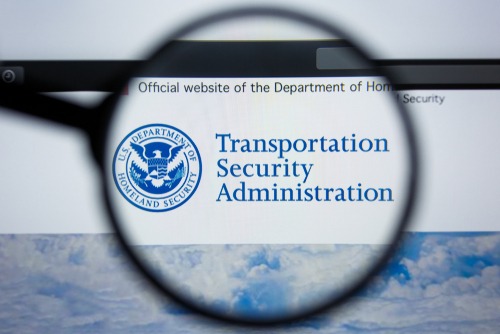
U.S. Sens. Roger Wicker (R-MS) and Deb Fischer (R-NE) recently introduced the Transportation Security Administration (TSA) Security Threat Assessment Application Modernization Act, which would help reduce the burden on workers applying for two or more of the Transportation Worker Identification Credential (TWIC), hazardous materials endorsement (HME), or TSA PreCheck programs by standardizing the enrollment and renewal systems administered by TSA.
“Time and again, freight transportation workers have risen to the occasion and delivered critical products across the country,” Wicker said. “Workers who need multiple TSA credentials face burdensome enrollment requirements and fees. I am glad to introduce legislation to reduce the bureaucratic barriers for workers who need these credentials to keep goods moving.”
Currently, the TSA typically requires different applications for TWIC, HME, and PreCheck programs, though each uses a similar Security Threat Assessment for each. These paid applications are required for each additional credential – something the senators dismiss as a duplicative burden and one their bill would eliminate. Instead, the legislation would allow those applying for two or more of these credentials to utilize a TSA enrollment center once and standardize their application to pursue any or all credentials.
“This common-sense legislation would streamline the TSA’s certification process for transportation workers who need approval from credentialing programs to do their jobs,” Fischer said. “By cutting down on duplicative red tape, the bill will also save truckers time and money when obtaining licenses. Importantly, these process improvements would all be made without impacting security concerns.”
Wicker is the ranking member of the Senate Committee on Commerce, Science and Transportation, while Fischer is the ranking member of the Subcommittee on Surface Transportation, Maritime, Freight and Ports. Their effort has gained the backing of 11 national associations, including the American Trucking Associations, Border Trade Alliance, and the National Energy and Fuels Institute.